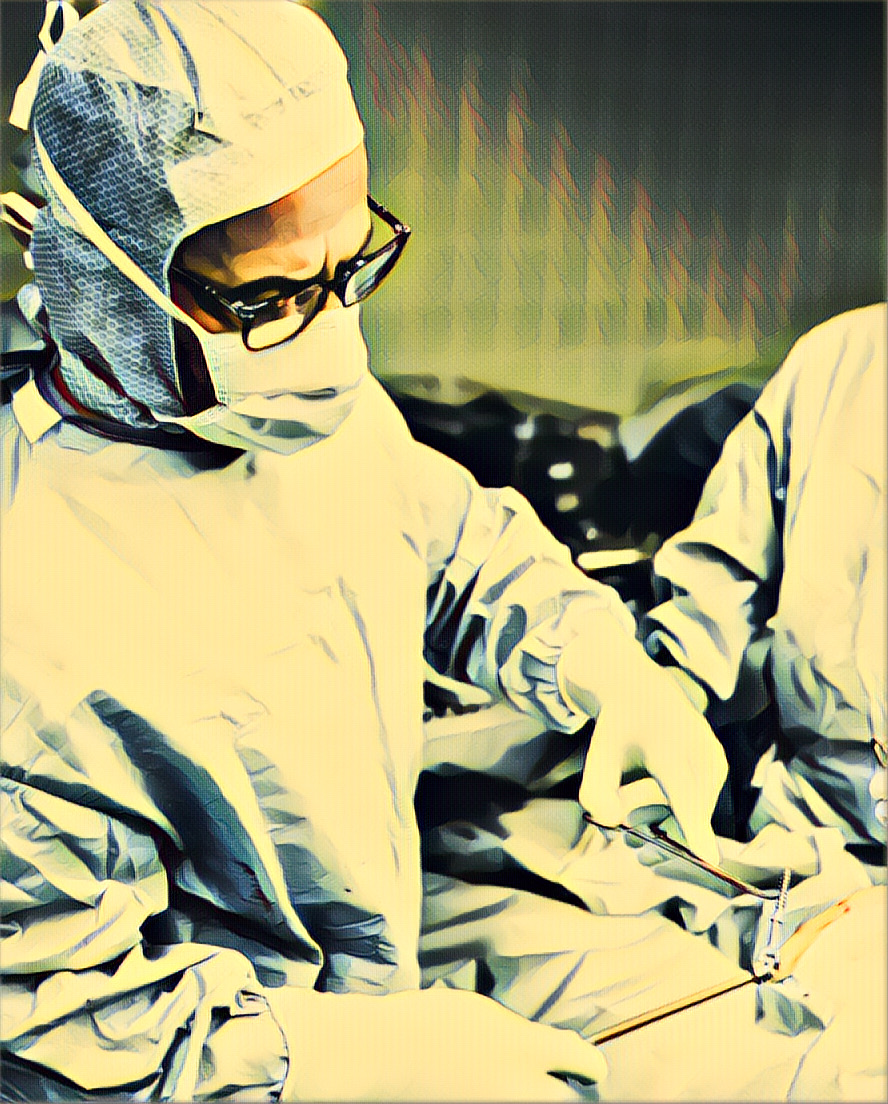Nigerians are increasingly concerned about a rampant black market for organs. Illicit dealings in organ donation and transplantation are escalating.
Forcible organ removals, mainly for transplantation or illicit sale, are alarmingly common. The demand for illegal kidneys, in particular, has soared due to their transplant success rates.
The case of Ike Ekweremadu, former Senate Deputy President, highlights this crisis. The UK sentenced him for leading an organ trafficking plot under the Modern Slavery Act.
Vulnerable, often poor Nigerians are the usual victims. They face coercion or deception to give up organs. Chimaobi Eric Nwoko’s case exemplifies this exploitation. He was duped into donating his kidney, lured by false promises of riches, only to face dire health struggles without the promised aid.
Police in Plateau State recently detained a doctor for illegally harvesting a kidney. This act inflicted prolonged suffering on the patient. These incidents underline a critical need for regulatory oversight in Nigeria’s organ transplantation sector.
According to a report by the Daily Post, health experts attribute the illegal trade to regulatory voids, rampant poverty, and medical malpractice. The outcry intensified when a leading medical consultant in Lagos identified a regulatory vacuum.
Lagos lawmakers have responded with a bill to establish a regulatory department for organ harvesting and transplantation. This is a step toward plugging the legislative void.
Dr. Usha Anenga of the Nigeria Medical Association calls for comprehensive, enforceable guidelines to prevent unlawful organ harvesting. He suggests adopting international standards, such as the Istanbul Declaration, and tailoring them to Nigeria’s unique challenges. This would ensure robust regulations and protect the integrity of organ donation practices.


